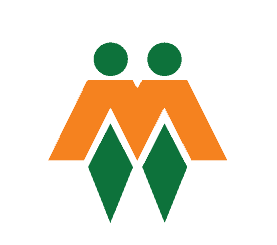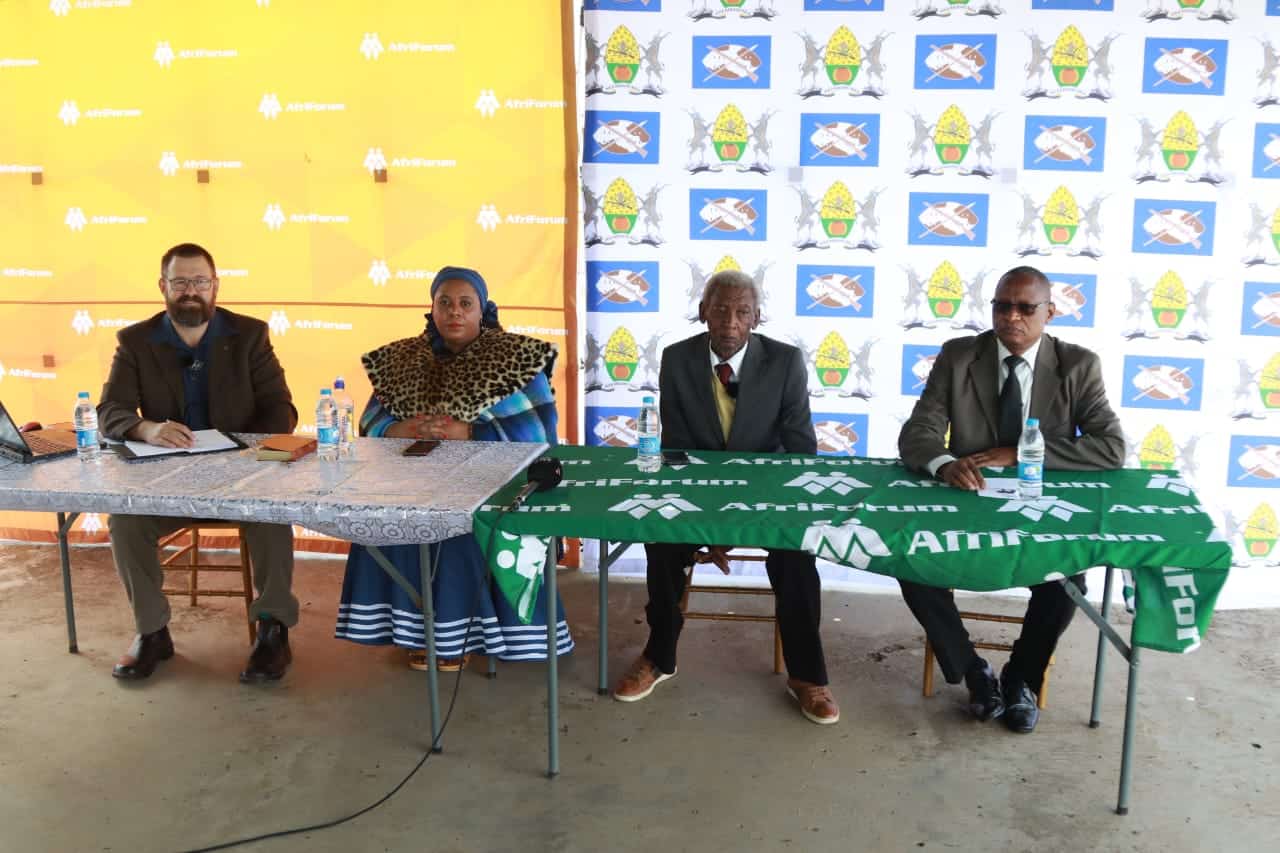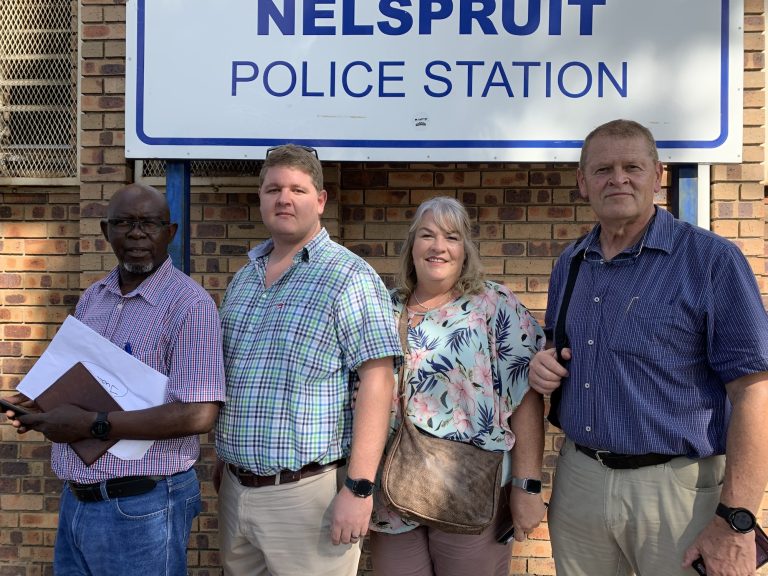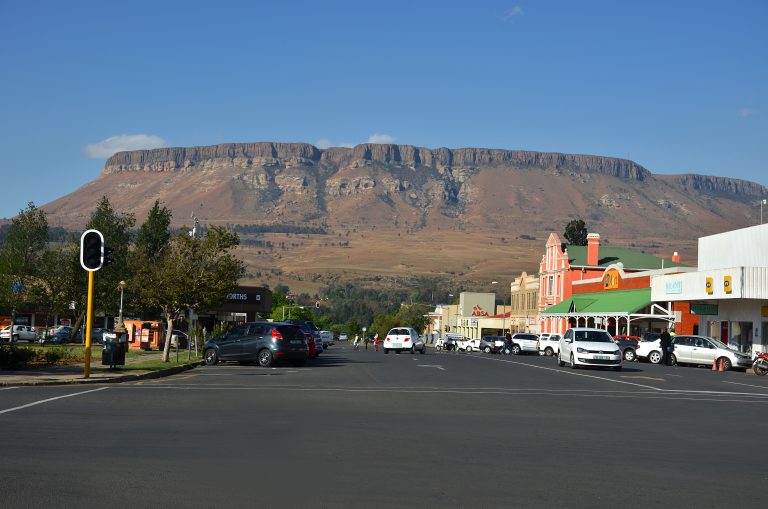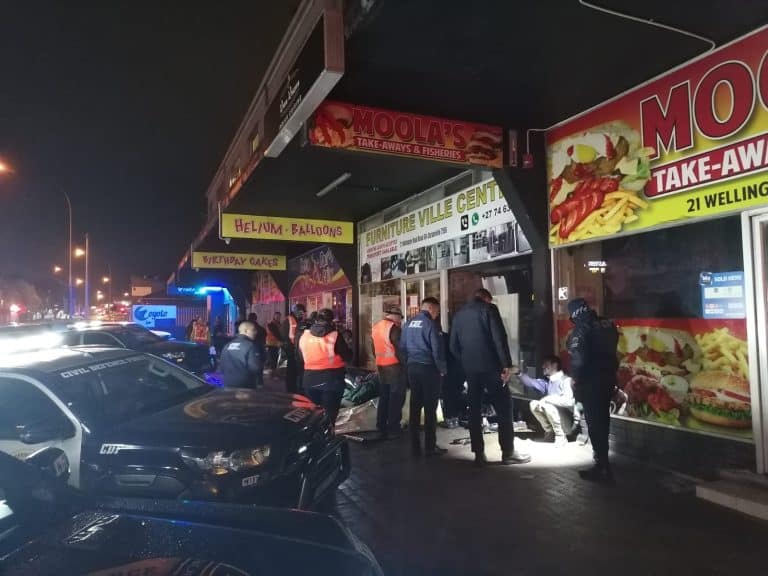Barolong Boo Seleka starts process to restore ownership of their land
The Barolong Boo Seleka Traditional Community today during a joint media conference with AfriForum announced that this traditional community started the process of restoring ownership of their land, which currently vests in the state as custodian on behalf of the community, in terms of Section 20 of the Upgrading of Land Tenure Act (Act No. 112 of 1991). This follows after AfriForum obtained a legal opinion that indicated that this section offers the most streamlined process and is the preferred method that can be used by traditional communities to restore ownership of their land. AfriForum also encouraged other traditional communities to utilize this stipulation whilst it remains in our law, as Section 20 of this act will likely be repealed by Section 46 of the Communal Land Rights Act (Act No. 11 of 2004) if same is put into operation.
Section 20(1) of the Upgrading of Land Tenure Act stipulates that a traditional community may request the Minister to transfer the traditional community’s land of which the control vests in the traditional community to the community in ownership. Section 20(2) stipulates that the Minister may take steps to transfer the land to the traditional community if the land has been surveyed. The land of the Barolong Boo Seleka is surveyed farms and this process is therefore applicable to their request.
“One of the biggest obstacles for development in the rural areas of the country is that the state is the owner of the land that belongs to traditional communities. It is therefore essential that the ownership of the land of traditional communities, that currently vests in the state as custodian on behalf of traditional communities, be transferred to traditional communities. We believe that this step, to restore the ownership of our land, will accelerate the development of our kingdom and the accompanying improvement in our community’s quality of life,” says Kgosi Gabo Moroka, kgosi of the Barolong Boo Seleka Traditional Community.
“The existence of cultural communities is a reality, and cultural communities are one of the most precious heritages of the country. The preservation and welfare of communities are essential, a balance between the rights of the community and the individual must therefore be achieved. There are legal entities and models of ownership that provides the required security to individuals, which is essential for investment and development, whilst it simultaneously serves community interests. The transfer of land ownership from the state to traditional communities is essential for the strengthening of community self-sufficiency and that is why we encourage traditional communities to use this legal avenue to restore ownership of their land,” says Barend Uys, Head of Intercultural Cooperation at AfriForum.
Section 20 further stipulates the process that must be followed when the traditional community’s land is not surveyed. In such a case the minister may designate a person to investigate the feasibility of the request. This person must submit a report to the minister. The minster may, based on the report, cause the land to be surveyed and take steps to transfer the land. If the minister does not accede to the request, the minister will notify the traditional community in writing of the reasons for the decision.

